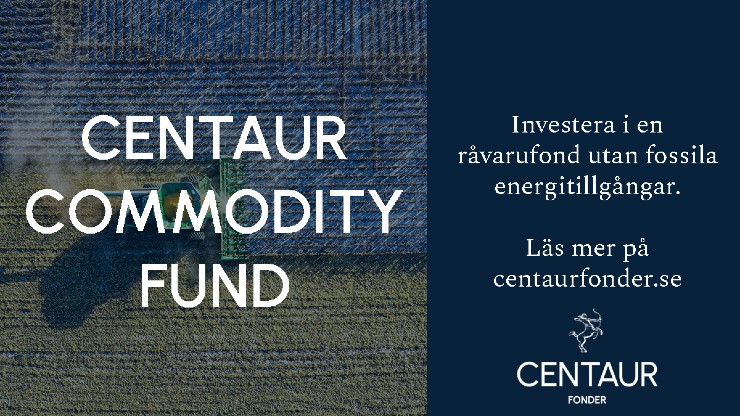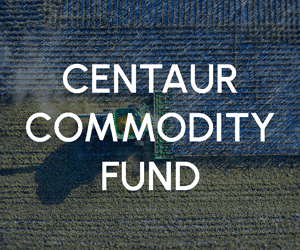Nyheter
David Hargreaves on oil, week 47 2013

Not the Yellow Metal, the Black One.
Regular readers of the Week in Mining will know that we champion a number of causes, run competitions and offer substantial prizes to the winners. Trillions of dollars actually. The fact that they are Zimbabwean is of no consequence. We have SOTBO (Statement of the Blinding Obvious), which draws regular contenders. Then ROOTS (the Running Out Of Things Society) and also SAC (the Society for the Abolition of Clichés). This latter has outlawed “the yellow metal” (gold), the “red metal” (copper) and now has its teeth into “black gold” or oil, as it is also known. There is no basis of comparison between the two, since oil is industrially useful and gold is not. It simply represents the fear factor.
Presently, a tonne of oil is worth less than an ounce of gold and this could – unthinkably – become less.
This is not because of a pending crash in the gold price but potentially in that of our favourite lubricant. It is much about the arrival of shale oil, particularly in the USA. That country, the single greatest world economic power house and energy user, was largely responsible for the Organisation of Petroleum Exporting Countries, OPEC, establishing a position of dominance in supply, ensuing that for 40 years the world price was at least quadruple its cost of production. That could abruptly end. America is about to become the largest producer once more, possibly an exporter. At least it will switch the focus onto growing importers China and India and could significantly alter the US perception of its role as the Middle East policeman. Our next step for oil is for marker Brent Crude, currently at $110 per barrel, to register $80, then welcome to no-man’s land. The trend is undeniable.
The trend is unmistakable: The USA is producing more oil and using less. This was a deliberate policy before shale gas came along. Thus its import dependency fell in the decade by 118Mt and is expected to zero in the next 2 to 3 years. Natural gas presents an even more startling picture. Production in the period has bounced over 26% and is gaining momentum. Consumption rose only 10% but in doing so, local prices have fallen sharply, from a peak of $8.85 per million BTU in 2008 to $2.76 by 2012. This has been at the expense of coal, where, as shown, production has fallen 9.5% and consumption 22.6%, leaving the country a growing net exporter. For the foreseeable future, this puts serious pressure on OPEC and particularly the Middle East. It could alter America’s defence attitude to the region, leading continuing importers China, Japan, India, EU in the hot seat. We might again start to call it black gold if those two commodities start to chase each other down the price spiral.
It has put the International Energy Agency, IEA, on a spot. Only this year, that watchdog described shale oil as a “game changer”. The Middle East producers who account for about 40% of world crude output and 60% of exports, have slowed down on new projects. Further, their sovereign wealth funds, Kuwait, Bahrain, UAE, Jordan, have been heavily investing abroad in non-oil businesses. Now the IEA is having a bit of a revisit. It thinks shale oil is now “Surge rather than a revolution” and East of Suez will reassert itself by the mid 2020’s. The same source now says the USA will overtake Russia as the largest producer in 2015 (it was to have been 2017). Reserves worldwide continue to grow, not least offshore Brazil, whilst stirrings in the automobile industry, as we report in Watchtower, are not to be ignored.
[hr]
About David Hargreaves
David Hargreaves is a mining engineer with over forty years of senior experience in the industry. After qualifying in coal mining he worked in the iron ore mines of Quebec and Northwest Ontario before diversifying into other bulk minerals including bauxite. He was Head of Research for stockbrokers James Capel in London from 1974 to 1977 and voted Mining Analyst of the year on three successive occasions.
Since forming his own metals broking and research company in 1977, he has successfully promoted and been a director of several public companies. He currently writes “The Week in Mining”, an incisive review of world mining events, for stockbrokers WH Ireland. David’s research pays particular attention to steel via the iron ore and coal supply industries. He is a Chartered Mining Engineer, Fellow of the Geological Society and the Institute of Mining, Minerals and Materials, and a Member of the Royal Institution. His textbook, “The World Index of Resources and Population” accurately predicted the exponential rise in demand for steel industry products.
Nyheter
USA ska införa 50 procent tull på koppar
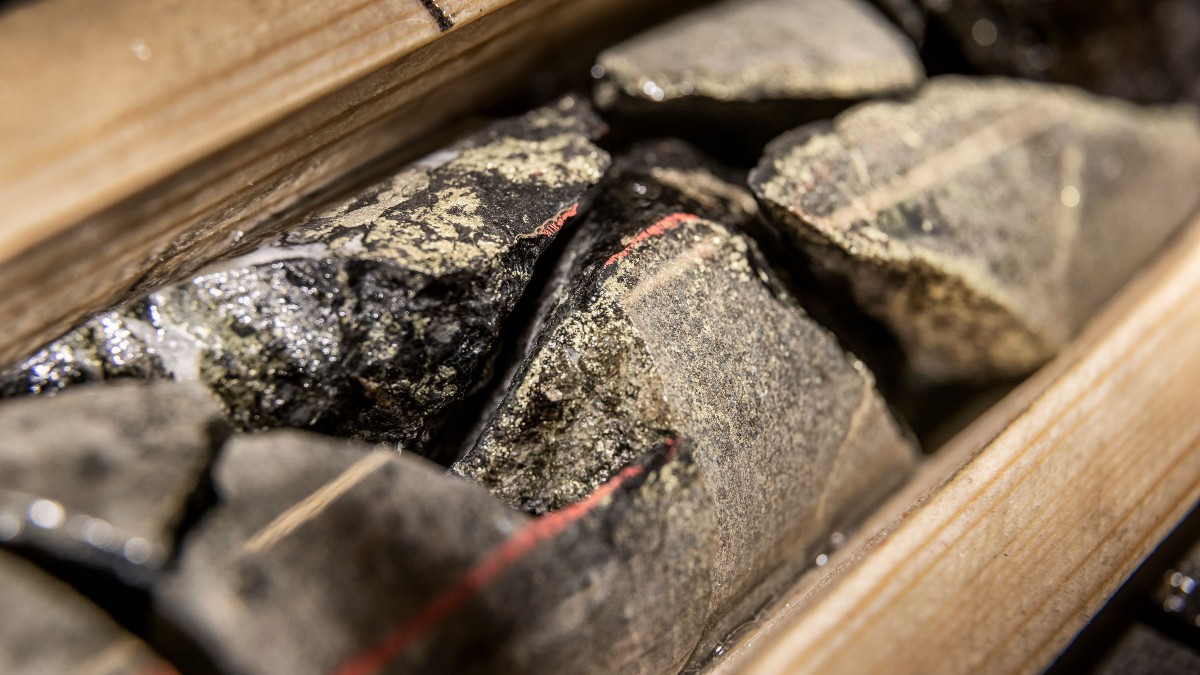
USA:s president Donald Trump har precis meddelat att landet ska införa en tull på 50 procent på basmetallen koppar. Priset på råvarubörsen i USA stiger omgående med 10 procent.
USA har viss inhemsk produktion av koppar, men den inhemska efterfrågan överstiger produktionen. Därför måste landet importera koppar för att täcka behovet, särskilt för användning inom elnät, elektronik, byggindustri och fordonssektorn. De största exportörerna till USA är Chile, Kanada, Mexiko och Peru.
När tullar av denna typ införs uppstår prisskillnader i världen. Handlar man koppar på börsen är det därför viktigt att veta vilken börs man handlar på eller om man använder certifikat så är det viktigt att veta vilka underliggande värdepapper de följer.
Sedan är det som alltid med Trump, begreppet är som bekant TACO, Trump Always Chickens Out. Man ska alltså inte ta några definitiva stora beslut baserat på vad han säger. Saker och ting kan ändra sig från dag till dag.
Nyheter
Ryska staten siktar på att konfiskera en av landets största guldproducenter

En våg av panik sprider sig bland Moskvas elit sedan Vladimir Putins regim inlett en dramatisk offensiv för att beslagta tillgångarna hos Konstantin Strukov – en av Rysslands rikaste affärsmän och ägare till landets största guldgruvföretag, Yuzhuralzoloto. Åtgärden ses som ett tydligt tecken på hur långt Kreml är villigt att gå för att säkra ekonomiska resurser i takt med att kostnaderna för kriget i Ukraina stiger.
Strukovs förmögenhet, som uppskattas till över 3,5 miljarder dollar, byggdes upp under decennier i nära relation med maktens centrum i Ryssland. Men den 5 juli stoppades hans privatjet från att lyfta mot Turkiet. Enligt flera ryska medier deltog den federala säkerhetstjänsten FSB i ingripandet, och Strukovs pass beslagtogs. Händelsen ska vara kopplad till en omfattande rättsprocess där åklagare kräver att hela hans företagsimperium förverkas – med hänvisning till påstådd korruption och användning av skalbolag och familjemedlemmar för att dölja tillgångar.
Företaget själva förnekar att något inträffat och kallar rapporteringen för desinformation. De hävdar att Strukov befann sig i Moskva hela tiden. Trots det bekräftar rättsdokument att både han och hans familj förbjudits att lämna landet, och att myndigheterna snabbt verkställt beslutet.
Det som nu sker är en del av ett större mönster i ett Ryssland präglat av krigsekonomi: staten tar tillbaka kontrollen över strategiska sektorer som guld, olja och försvarsindustri – industrier som nu allt mer mobiliseras för att finansiera och stödja krigsinsatsen. Intressant nog handlar det inte om att Strukov ska ha varit illojal mot regimen – tvärtom har han varit en lojal allierad, med politiska uppdrag knutna till Putins parti. Men lojalitet räcker inte längre som skydd.
Medan tidigare utrensningar ofta riktade sig mot krigskritiker eller de som flydde landet, drivs dagens tillgångsövertaganden av något mer fundamentalt: ekonomisk nöd. De växande sanktionerna har nästan helt strypt inflödet av utländskt kapital. Statens oljeintäkter minskar och budgetunderskotten växer. Putins lösning är att vända sig inåt – till de oligarker han själv lyfte fram – för att fylla statskassan.
Det här är inte ett enskilt fall. På senare tid har flera framstående affärspersoner hamnat i plötsliga rättsliga tvister, omkommit under mystiska omständigheter eller sett sina bolag tas över av staten. Den oskrivna överenskommelsen som länge gällde i Putins Ryssland – rikedom i utbyte mot lojalitet – håller på att kollapsa.
Den 8 juli väntar en rättsförhandling som kan avgöra framtiden för Strukovs affärsimperium. Men budskapet till Rysslands näringslivselit är redan tydligt: ingen är för rik, för lojal eller för nära den politiska makten för att gå säker. I ett Ryssland där kriget kräver allt större uppoffringar riskerar oligarker att snabbt förvandlas till måltavlor.
Nyheter
Hur säkrar vi Sveriges tillgång till kritiska metaller och mineral i en ny geopolitisk verklighet?

När världsläget förändras ställs Europas beroende av metaller och mineral på sin spets. Geopolitiska spänningar, handelskonflikter och ett mer oförutsägbart USA gör att vi inte längre kan ta gamla allianser för givna. Samtidigt kontrolleras en stor del av de kritiska råvarorna vi är beroende av av andra makter – inte minst Kina. Vad händer med Sveriges industriella förmåga i ett läge där importen stryps? Hur påverkas försvarsindustrin av Kinas exportrestriktioner? Är EU:s nya råvarupolitik tillräcklig för att minska sårbarheten – eller krävs ytterligare statliga insatser och beredskapslagring? Svemin anordnade den 25 juni ett seminarium som bestod av bestod av deltagare från myndigheter, politik och industri. Man diskuterar Sveriges och EU:s strategiska vägval i en ny global verklighet – och vad som krävs för att säkra tillgången till metaller när vi behöver dem som mest.
-

 Nyheter3 veckor sedan
Nyheter3 veckor sedanMahvie Minerals växlar spår – satsar fullt ut på guld
-

 Nyheter4 veckor sedan
Nyheter4 veckor sedanUppgången i oljepriset planade ut under helgen
-

 Nyheter4 veckor sedan
Nyheter4 veckor sedanLåga elpriser i sommar – men mellersta Sverige får en ökning
-
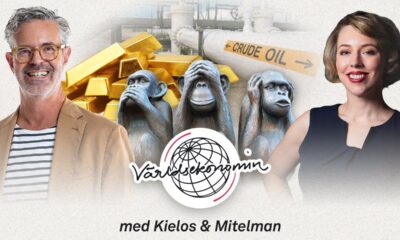
 Nyheter3 veckor sedan
Nyheter3 veckor sedanOljan, guldet och marknadens oroande tystnad
-
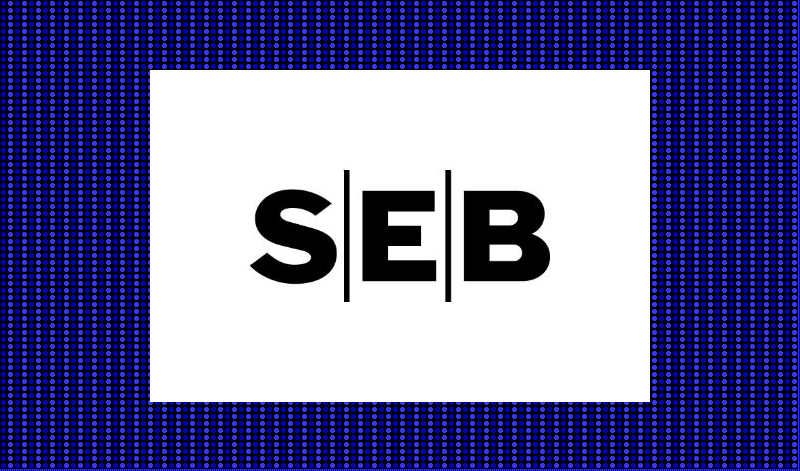
 Analys3 veckor sedan
Analys3 veckor sedanA muted price reaction. Market looks relaxed, but it is still on edge waiting for what Iran will do
-

 Nyheter3 veckor sedan
Nyheter3 veckor sedanJonas Lindvall är tillbaka med ett nytt oljebolag, Perthro, som ska börsnoteras
-

 Analys4 veckor sedan
Analys4 veckor sedanVery relaxed at USD 75/b. Risk barometer will likely fluctuate to higher levels with Brent into the 80ies or higher coming 2-3 weeks
-

 Nyheter3 veckor sedan
Nyheter3 veckor sedanDomstolen ger klartecken till Lappland Guldprospektering





